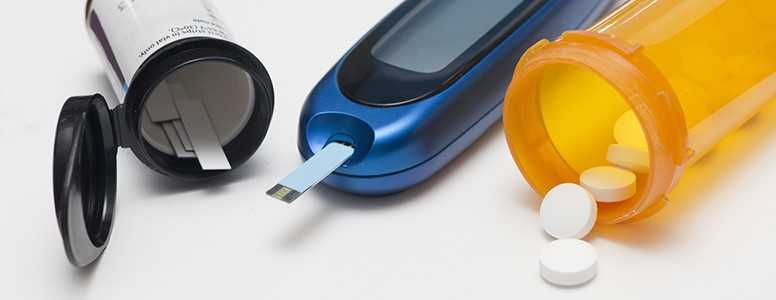The NHS spent over £900 million on diabetes drugs in 2015, according to the latest figures released by the Health and Social Care Information Centre’s ‘Prescriptions Dispensed in the Community’ report.
For the ninth straight year, diabetes drugs are the costliest medication category for the NHS. The cost of diabetes drugs went up by £88 million compared to the previous year (2014).
The most commonly prescribed diabetes item was metformin at 19 million prescriptions in the year. The costliest diabetes items were blood glucose testing strips at £180 million in 2015.
Overall, the most commonly prescribed item was simvastatin at 34 million prescriptions and the costliest was fluticasone propionate, an inhaled corticosteroid, at £376 million per year.
The report highlights how the NHS could save millions of pounds if it focused on truly healthy strategies to reduce dependence on diabetes medication prescriptions.
Such an aim need not be a pipe dream: one practice that has shown remarkable success in reducing diabetes drugs costs is led by GP David Unwin, the National NHS Innovator of the Year. Dr. Unwin has managed to buck the trend of rising diabetes medication costs – his Norwood surgery has saved £45,000 on diabetes drug costs compared to the average within the Southport and Formby Clinical Commissioning Group.
Dr. Unwin’s approach was inspired by the astonishing improvements in diabetes control being shown by a patient that had visited the Diabetes.co.uk Forum. After reviewing many more success stories, Dr. Unwin began to advise a low-carb diet approach to his patients. Following a trial of this approach, Dr. Unwin noticed that not only were his patients becoming much healthier, he was also needing to spend far less on medication costs.
Patients with type 2 diabetes looking to significantly improve their diabetes control with less dependence on diabetes medication, and the accompanying side effects, can join Diabetes.co.uk’s free online 10-week Low Carb Program.
What's new on the forum? ⭐️
Get our free newsletters
Stay up to date with the latest news, research and breakthroughs.








